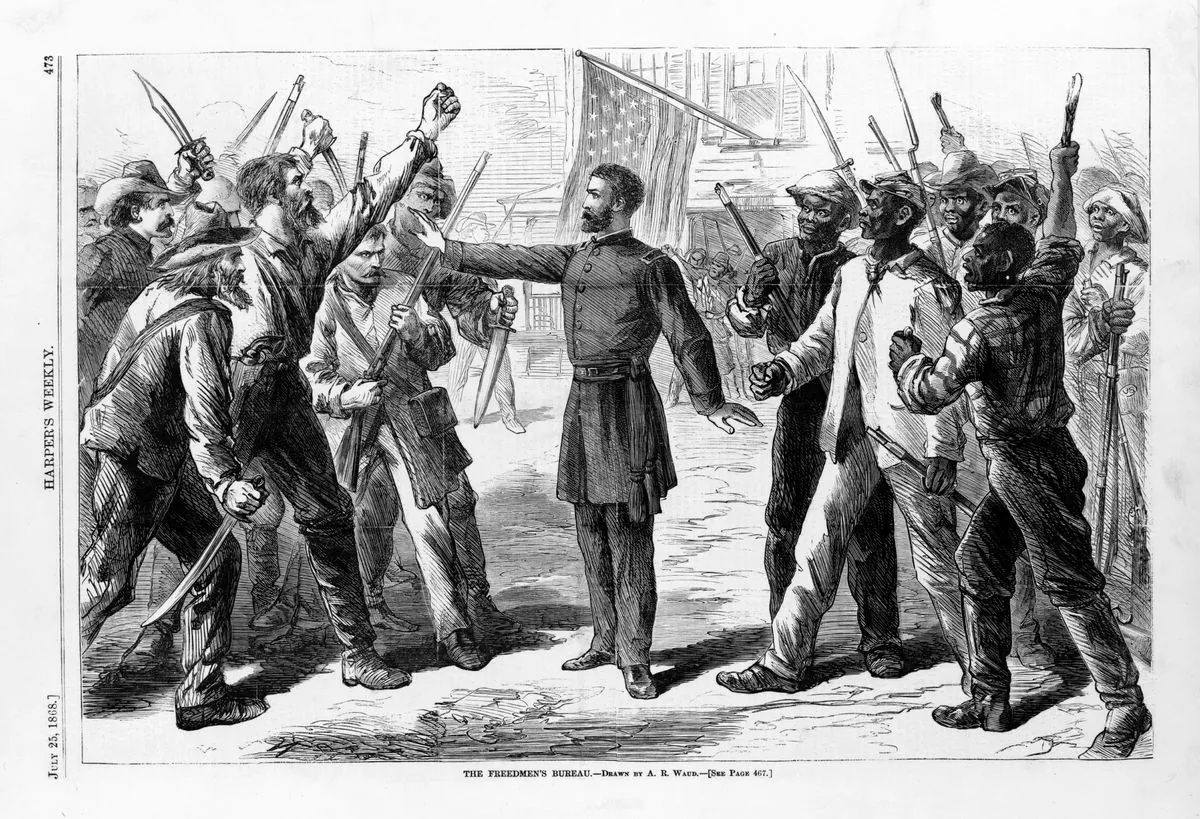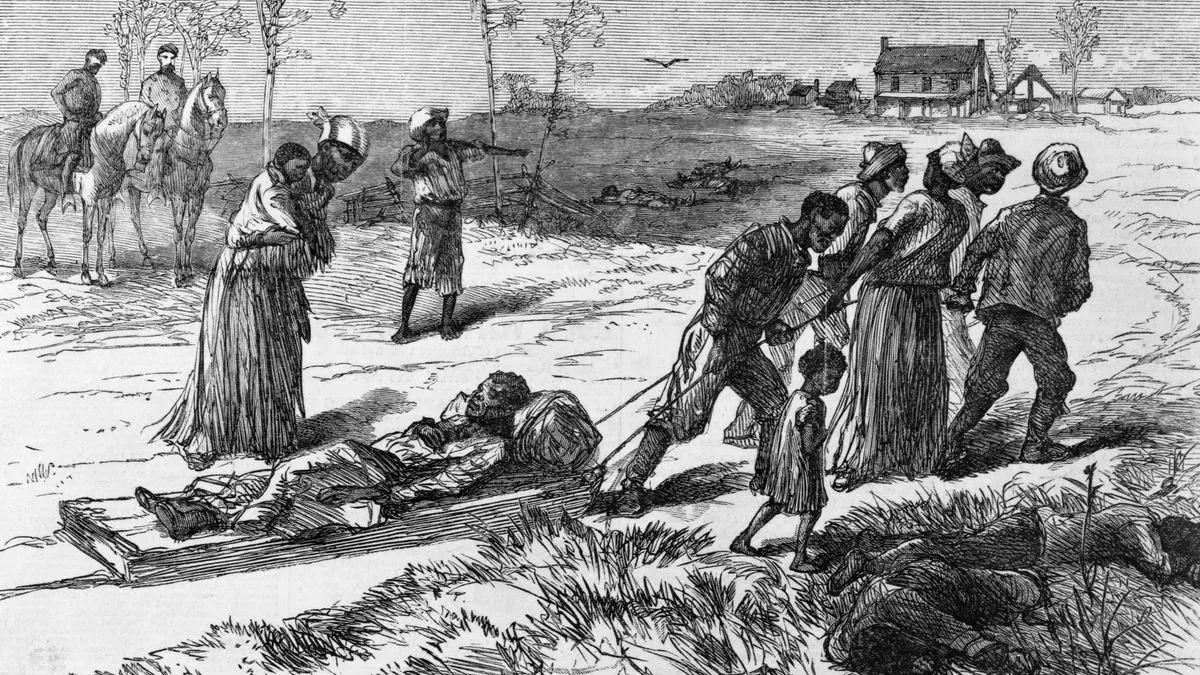Reconstruction's Turbulent Legacy: Louisiana's 1872 Election Revisited
A new book examines Louisiana's violent 1872 election, highlighting Reconstruction's complexities. While praised for accessibility, it misses connecting past struggles to present-day voting rights issues.

The Reconstruction era, spanning from 1863 to 1877, marked a pivotal chapter in American history. This period saw the ratification of the 13th, 14th, and 15th Amendments, which collectively abolished slavery, granted citizenship to all born or naturalized in the U.S., and prohibited voting rights discrimination based on race. A new book, "America's Deadliest Election: The Cautionary Tale of the Most Violent Election in American History" by Dana Bash and David Fisher, delves into this tumultuous period, focusing on Louisiana's 1872 gubernatorial election.
The authors explore the political landscape through the lens of Henry Warmoth, a Union Army veteran who became Louisiana's governor in 1868 at the age of 26. Warmoth's story exemplifies the complex dynamics of the era, as he allied with newly enfranchised Black voters while navigating a volatile political environment.
Louisiana's 1872 election was marred by widespread fraud and intimidation. Both John McEnery and William Pitt Kellogg claimed victory, leading to dual inaugurations and effectively two governors. This political chaos sparked violent confrontations across the state, including the Colfax massacre in April 1873 and the Battle of Liberty Place in September 1874.

These events underscore the fragility of the nascent multiracial democracy during Reconstruction. The Knights of the White Camelia, a white supremacist group, terrorized freedmen to suppress their votes. Despite these efforts, Ulysses S. Grant won the 1868 presidential election, though he lost in Louisiana.
Bash and Fisher's work sheds light on how political leaders like McEnery "approved violence as an acceptable means to resolve political disputes." This approach had devastating consequences, contributing to the eventual collapse of Reconstruction efforts by 1877.
While the book offers an accessible account of this critical period, it falls short in connecting these historical events to contemporary issues. The authors missed an opportunity to draw parallels with recent voting rights struggles in Louisiana, where a battle for equitable congressional representation continues today.
"History, as nearly no one seems to know, is not merely something to be read. And it does not refer merely, or even principally, to the past. On the contrary, the great force of history comes from the fact that we carry it within us."
This quote underscores the relevance of Reconstruction's legacy to modern America. The ongoing challenges in ensuring fair representation for Louisiana's Black population, which comprises over 30% of the state, echo the struggles of the post-Civil War era.
"America's Deadliest Election" provides valuable insights into Reconstruction's complexities. However, by not explicitly connecting past events to present-day issues, it misses the chance to fully illustrate how this history continues to shape our society. As we approach the 150th anniversary of these events, their relevance to current voting rights debates remains undeniable.


































